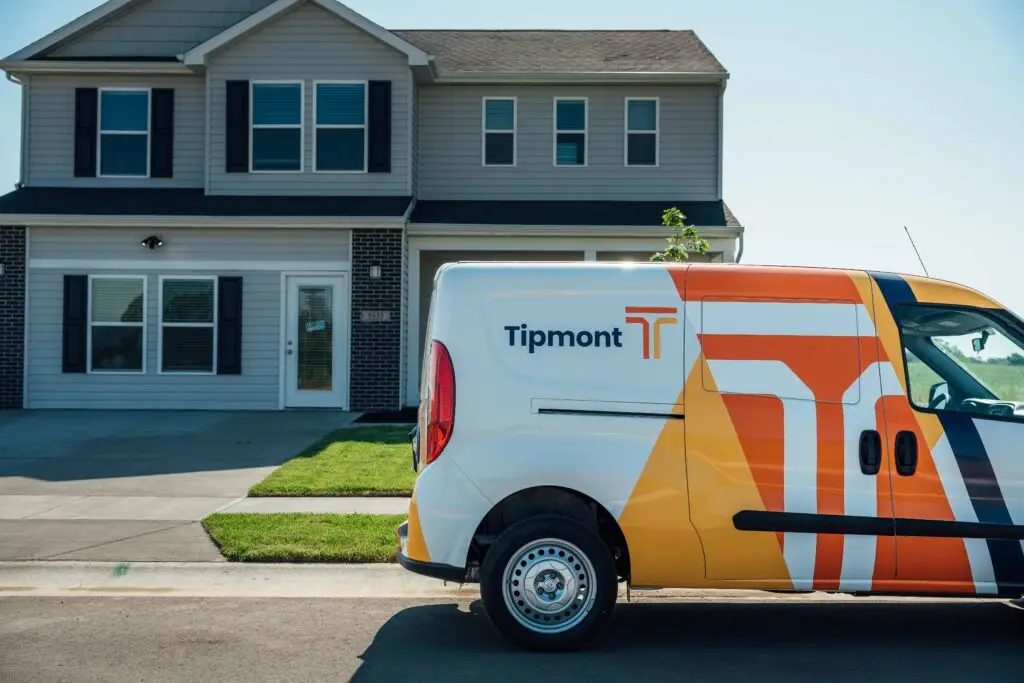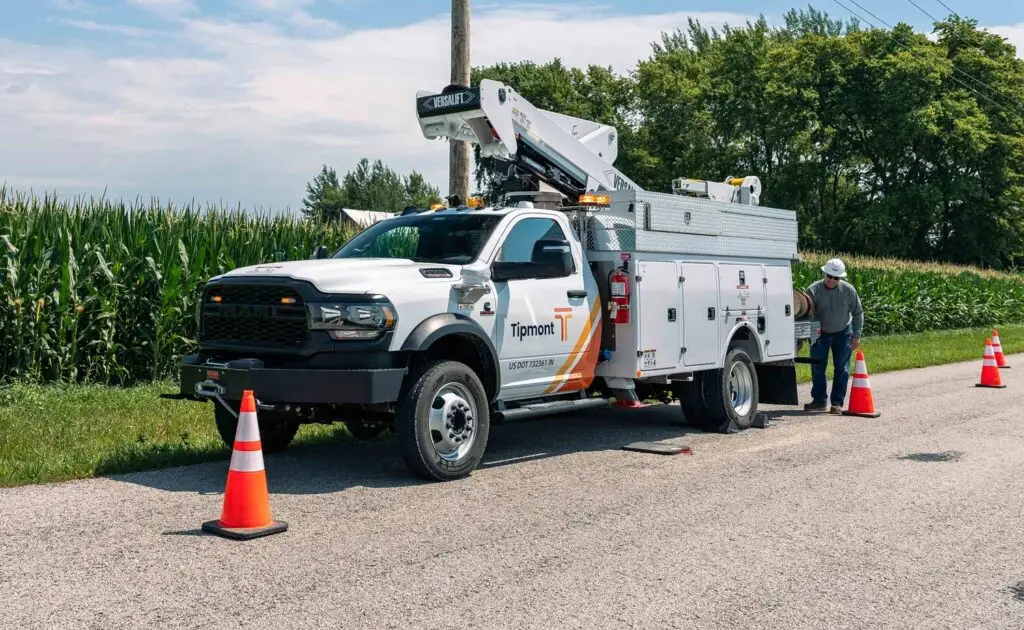Metering deployment schedule paused
updated Tuesday, April 2, 2024
Our metering deployment schedule is paused until further notice. We’ll communicate a new schedule when it becomes available.
Grid Modernization
Advanced Metering Infrastructure
By modernizing the way we deliver energy to consumers, Tipmont’s grid will make our electric system more efficient, responsive and reliable.
A modern grid combines digital computing power, sensors and communications to create:
- Better management of power flow
- Improved reliability
- Increased efficiency of equipment and manpower
advanced meterING technology
Metering Upgrade Initiative
Tipmont is modernizing our electric grid with smart meters from Landis+Gyr.
Our new meters will provide:
Tipmont’s existing outage management system only communicates with substations and large devices in the field.
The new meters use a leading-edge technology called “Last Gasp,” which notifies Tipmont if your power goes out and helps pinpoint affected areas.
Rather than spend time patrolling for problems, Tipmont line crews can more quickly restore your service.

Advanced metering implementation
Project Information and Schedule
Tipmont currently serves over 29,000 meters in eight Indiana counties and will begin deploying new meters across our system in March 2024.
Our goal is to replace every meter on our system by the end of 2026. That means replacing about 900 meters each month beginning in early 2024.
When it’s time to receive your new meter, a Tipmont technician will visit your home during normal business hours. You won’t need to schedule an appointment, and any disruption to your service will be minimal. In many cases, there will be no disruption to your service at all.
The technician will knock on your door prior to installing your new meter and will leave a door hanger when the work is complete.

Efficiency and RELIABILITY
Advanced Metering Benefits
- Automatic meter readings
Manage your Tipmont account, pay your bill, and more through our online portal, SmartHub.
- Accurate and timely billing
- Optimized power quality
New tools to optimize system voltage help Tipmont buy less power when demand is high, with no noticeable difference in power quality.
- Automatic outage notification
If an outage affects your home, your smart meter’s “Last Gasp” technology will immediately notify Tipmont.
- Faster power restoration
Intelligent sensors and communications will help Tipmont’s operations team quickly locate trouble areas and restore your service in the event of a power outage.
- Energy usage data
By improving time- and device-specific information about your energy use, Tipmont meters can help you better understand power costs and ultimately save on monthly bills.
NEXT-GENERATION METERING
About the New Meters
- Better and faster usage data
- Faster outage restoration
- Improved power quality
- Bi-directional measurement
Smart Meters
Frequently Asked Questions
Tipmont proactively updates all its infrastructure, including lines, poles, substations and meters, to ensure our members receive the reliability they’ve come to expect.
The new meters will:
- Improve Tipmont’s ability to respond to outages
- Help better manage demand on our system through voltage reduction
- Monitor power quality to help detect issues before they become problems
Our metering technicians will begin deploying the new smart meters in March 2024. Currently, 2024 dates are available on this map. 2025 and 2026 dates will be available later this year. Use the search tool on the map to find your address. If your home is inside a colored polygon, click anywhere in the polygon to show the install timeframe for your address.
There may be a brief disruption to your service when Tipmont installs your new meter. In almost all cases, the disruption will be less than five minutes. And, in many cases, there will be no disruption at all.
The Tipmont technician will knock on your door prior to installing your new meter and will leave a door hanger when the work is complete.
Your meter will only be moved if it is deemed unstable. Otherwise, if you wish to move your meter, please contact a licensed electrician and have the electrician coordinate with Tipmont’s engineering staff.
Generally, we will exchange each meter on the same day if they are in close proximity. The exchange schedule may differ if you have multiple meters not in close proximity. Please view our deployment schedule map or call our member service team at 800-726-3953 for more information.
No. Tipmont will need to upgrade every meter to manage our electric system, which is spread across 875 square miles. These meters are vital for Tipmont’s ability to automatically report power outages, detect power-quality issues and help ensure infrastructure protection.
Tipmont first implemented smart meters in 2010. Those meters will be upgraded to Landis+Gyr’s Revelo smart meter platform, beginning in March 2024.
No. Tipmont owns, installs and maintains the electric meters.
However, responsibility for maintenance of the meter base and service entrance cables falls to individual members.
A qualified electrician should make repairs to the meter base and service entrance cables to ensure the system provides safe and reliable service.
For single-phase meters, Tipmont collects the usage information required to bill you. Every 15 minutes, the meter will send a demand value in kilowatts, and every 60 minutes, the meter will transmit your energy usage in kilowatt hours (kWh).
The meters also continuously monitor voltage and amperage to ensure we’re sending a safe amount of power to your home.
Yes. Utilities are subject to standards developed by the National Institute of Standards and Technology and North American Electric Reliability Corporation (NERC) to ensure security of utility networks.
Protection begins at the meter itself. To prevent data breaches, information is encoded any time your data is transmitted. Tipmont takes all reasonable and necessary steps to ensure the services provided use validated and proven security measures.
No. Advanced (smart) meters must meet National Electric Safety Code requirements and standards. They are also required to meet independent certifications verifying their safety and heat resistance.